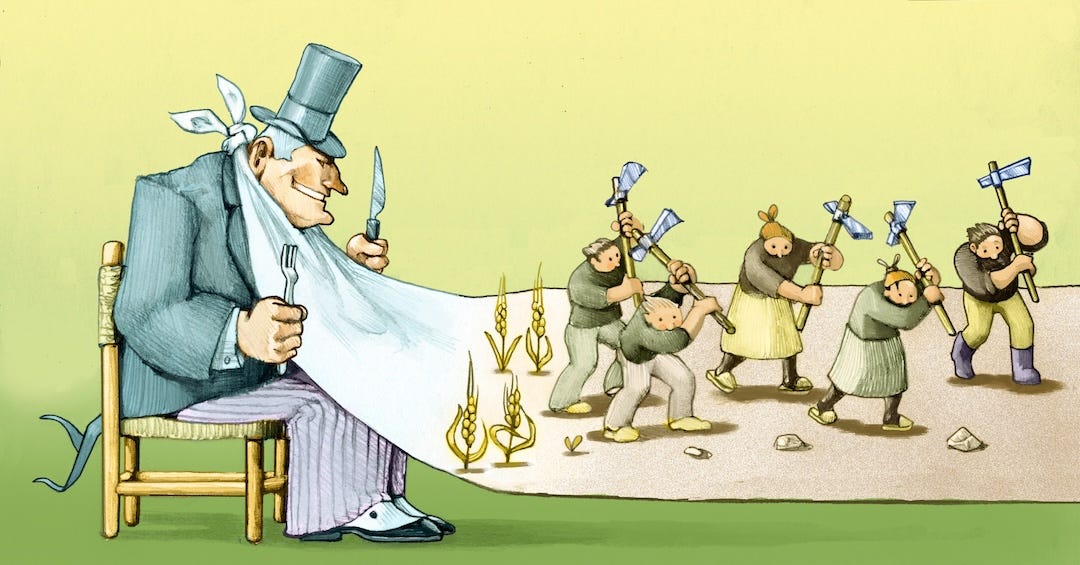Asia Pacific Report
New Zealand Pro-Palestine protesters gathered at West Auckland’s Te Pai Park today, celebrating successes of the BDS movement against apartheid Israel while condemning the failure of the country’s coalition government to impose sanctions against the pariah state.
“They’ve done nothing,” said Neil Scott, secretary of the Palestine Solidarity Network Aotearoa (PSNA), noting that some 35 protests were taking place across the motu this weekend and some 4000 rallies had been held since Israel began its war on Gaza in October 2023.
He outlined successes of the global BDS Movement and explained now New Zealanders could keep up the pressure on the NZ government and on the Zionist state that had been “systematically” breaching the US-brokered “ceasefire” in Gaza.
The criticisms followed the condemnation of New Zealand’s stance last week by the secretary-general of the global human rights group Amnesty International, Agnès Callamard, who said the government had a “Trumpian accent” and had remained silent on Gaza.
“Internationally, we don’t hear New Zealand. We haven’t heard New Zealand on some of the fundamental challenges that we are confronting, including Israel’s genocide, Palestine or climate,” she said in a RNZ radio interview.
Te Atatu MP Phil Twyford also spoke at the Te Pai Park rally, saying that the government was “going backwards” from the country’s traditional independent foreign policy and that it was “riddled with Zionists”.
After the rally, protesters marched on the local McDonalds franchise. McDonalds Israel is accused of supporting the IDF (Israeli Defence Forces) genocidal crimes in Gaza by supplying free meals to the military, prompting a global BDS boycott.
Türkiye arrest warrants for Israelis
Meanwhile, Türkiye has issued arrest warrants for Israeli Prime Minister Benjamin Netanyahu, and 36 other suspects over Gaza genocide charges
Israel, under Netanyahu, has killed close to 69,000 people, mostly women and children, and wounded more than 170,600 others in the genocide in Gaza since October 2023.

TRT World News reports that the Istanbul Chief Public Prosecutor’s Office said yesterday it had issued arrest warrants for 37 suspects, including Netanyahu, on charges of “genocide” in Gaza.
In a statement, the Prosecutor’s Office said the warrants were issued after an extensive investigation into Israel’s “systematic” attacks on civilians in Gaza, which it described as acts of genocide and crimes against humanity.
The probe was launched following complaints filed by victims and representatives of the Global Sumud Flotilla, a civilian humanitarian mission, that was recently intercepted by Israeli naval forces while attempting to deliver aid to Gaza.

The statement said evidence gathered from victims, eyewitnesses, and international law provisions indicated that Israeli military and political leaders were directly responsible for ordering and carrying out attacks on hospitals, aid convoys, and civilian infrastructure.
Citing specific incidents, the Prosecutor’s Office referred to the killing of six-year-old Hind Rajab by Israeli soldiers, the bombing of al-Ahli Arab Hospital that killed more than 500 people, and the strike on the Turkish-Palestinian Friendship Hospital, among other atrocities.
Turkiye has issued arrest warrants for Israeli PM Benjamin Netanyahu and other senior officials, accusing them of ‘genocide and crimes against humanity’ over Israel’s war on Gaza https://t.co/ijOfz1wZSF pic.twitter.com/34UJIQosKR
— Al Jazeera English (@AJEnglish) November 8, 2025
Additional war crimes
The office said that the investigation determined Israel’s blockade of Gaza had “deliberately prevented humanitarian assistance from reaching civilians,” constituting an additional war crime under international law.
The suspects, including Netanyahu, Defence Minister Israel Katz, National Security Minister Itamar Ben-Gvir, Chief of General Staff Herzi Halevi, and Navy Commander David Saar Salama, were accused of “genocide” and “crimes against humanity.”
As the individuals are not currently in Türkiye, the Prosecutor’s Office requested the court to issue international arrest warrants (red notices) for their detention and extradition.
The investigation is being carried out with the cooperation of the Istanbul Police Department and the National Intelligence Organization (MIT), and it remains ongoing.
The statement concluded that Türkiye’s legal actions are based on its obligations under international humanitarian law and the United Nations Convention on the Law of the Sea, affirming the country’s commitment to accountability for war crimes and justice for the victims in Gaza.
Last November, the International Criminal Court (ICC) issued arrest warrants for Netanyahu and his former Defence Minister, Yoav Gallant, for war crimes and crimes against humanity in Gaza.
Israel also faces a genocide case at the International Court of Justice for its war on the enclave and Türkiye has joined South Africa and other countries in bringing the allegations.
In Tel Aviv, Foreign Minister Gideon Saar said Israel “firmly rejects, with contempt” the charges, calling them “the latest PR stunt by the tyrant [Turkish President Recep Tayyip] Erdogan”.
A fragile ceasefire has been in force in the devastated Palestinian territory since October 10 as part of US President Donald Trump’s regional peace plan.
The Islamist militant group Hamas welcomed Türkiye’s announcement, calling it a “commendable measure [confirming] the sincere positions of the Turkish people and their leaders, who are committed to the values of justice, humanity and fraternity that bind them to our oppressed Palestinian people”.

This post was originally published on Asia Pacific Report.








 (@pelositracker)
(@pelositracker)